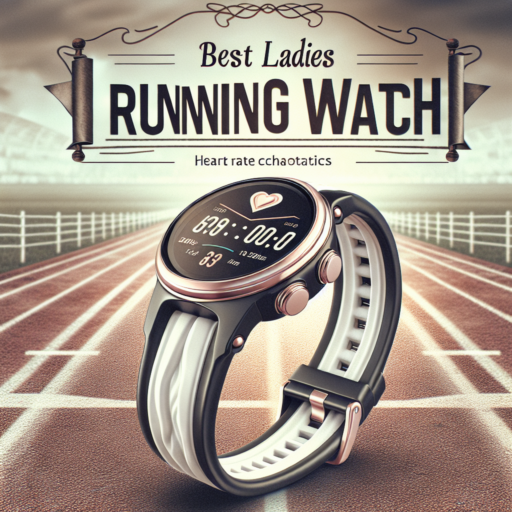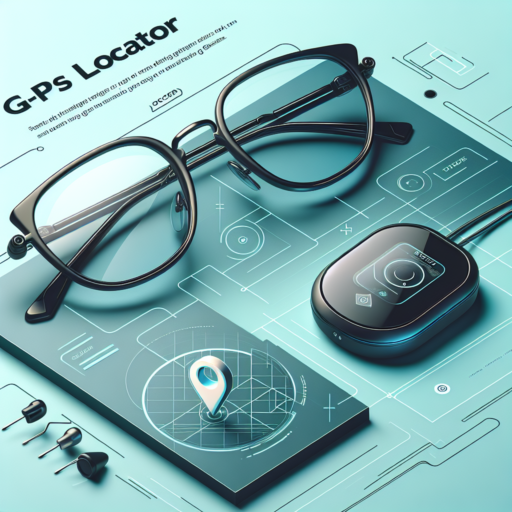What is the best watch to use for running?
Choosing the best watch for running involves a careful consideration of several key features that cater to the diverse needs of runners. From tracking your pace and distance to monitoring your heart rate, the right watch can be a game-changer for your training sessions. When selecting the ideal running watch, it’s essential to focus on aspects such as GPS accuracy, battery life, comfort, and the additional health and fitness metrics it offers.
Key Features to Consider
- GPS Functionality: A precise GPS is crucial for tracking your runs accurately, helping you to measure your pace, distance, and even route navigation.
- Heart Rate Monitoring: For those looking to optimize their training, a watch with a reliable heart rate monitor can provide insights into your fitness levels and recovery needs.
- Battery Life: Long battery life ensures your watch can keep up with your long runs and marathon sessions without the need for frequent recharges.
- Water Resistance: A watch that is water-resistant is essential for runners who train in all types of weather or who also incorporate swimming into their training regimen.
While there isn’t a one-size-fits-all answer to the question of the best watch for running, considering these features will help guide you towards a purchase that suits your specific running dynamics and goals. Advanced runners might lean towards watches with detailed analytics and customization, while casual runners might value simplicity and ease of use.
Ultimately, the choice of the best running watch depends on your personal preferences, the intensity of your training, and the goals you aim to achieve. Whether it’s improving your pace, increasing your distance, or monitoring your overall health and wellness, selecting a watch with the right features can significantly enhance your running experience.
Which running watch is most accurate?
Finding the most accurate running watch is crucial for athletes and enthusiasts aiming to track their performance meticulously. Accuracy in a running watch encompasses the precision of distance covered, pace, heart rate monitoring, and other vital health metrics. With numerous brands and models in the market, identifying the one that meets this criterion can be challenging.
Technology has played a pivotal role in enhancing the accuracy of running watches. Modern devices come equipped with advanced GPS technology, accelerometers, and heart rate sensors to offer users a comprehensive overview of their activity. Brands like Garmin, Polar, and Suunto are at the forefront, pushing the boundaries of what’s possible in wearable technology. The Garmin Forerunner series, for instance, is frequently lauded for its precision in tracking, making it a favorite among professional runners.
It’s not just about the hardware; the software algorithms that process the raw data collected by the watches play a significant role in determining accuracy. Continuous updates and improvements in these algorithms are key to maintaining high levels of precision. Moreover, the compatibility of these running watches with various smartphone apps allows for additional data analysis, enhancing the overall functionality and accuracy of these devices.
Which Garmin watch is best for running female?
Finding the perfect Garmin watch for running, especially for females, entails a balance of function, comfort, and design. Garmin has become synonymous with high-quality running watches, offering a broad range of options tailored to meet the specific needs of the female athlete. Whether you’re a casual jogger or a competitive marathon runner, there’s a Garmin watch designed to support your goals.
Garmin Forerunner 45S is an exceptional choice for female runners seeking a blend of simplicity and advanced features. This watch is specifically designed with a smaller wrist in mind, ensuring comfort without compromising on functionality. Its key features include built-in GPS, heart rate monitoring, and Garmin Coach adaptive training plans, making it a versatile tool for tracking and enhancing your running performance.
For those who prioritize a mix of lifestyle and sports tracking, the Garmin Venu Sq stands out. It not only tracks your running metrics but also offers menstrual tracking, stress tracking, and energy monitoring, catering to the holistic health needs of women. The Venu Sq’s sleek design and customizable watch faces make it a stylish accessory that fits the athletic and social facets of your life seamlessly.
Is Fitbit or Garmin better?
Choosing between Fitbit and Garmin is akin to deciding between two of the most reputable brands in the fitness tracker and smartwatch market. Both brands offer a range of products tailored to different user needs, from casual fitness enthusiasts to serious athletes. The question of which is better, Fitbit or Garmin, ultimately depends on what you prioritize in a fitness tracker or smartwatch.
Design and User Interface
When it comes to design and user interface, Fitbit is often praised for its sleek, user-friendly devices that cater to those who prefer simplicity and ease of use. Fitbit’s devices are not only stylish but also offer a straightforward navigation experience that appeals to users of all ages. Garmin, on the other hand, is known for its robust build and a wide array of features, catering to users looking for a more rugged device that can withstand the rigors of intensive outdoor activities.
Health and Fitness Tracking Features
Both Fitbit and Garmin offer comprehensive health and fitness tracking features, but they cater to slightly different audiences. Fitbit has a strong emphasis on everyday health and wellness, including step counting, sleep tracking, and heart rate monitoring. Fitbits are ideal for those looking to monitor their general health and wellbeing. Garmin’s devices, however, with their GPS capabilities and advanced metrics, are more suited for the needs of serious athletes and outdoor enthusiasts who require detailed data to optimize their training and performance.










